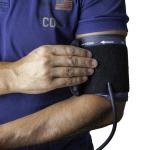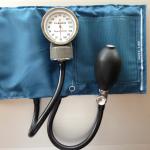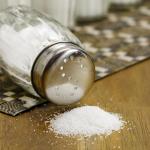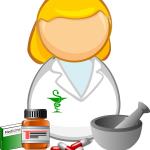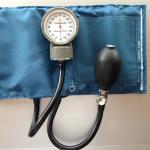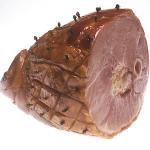Hypertension is a leading medical problem in the U.S., and except in the very extremes, it is asymptomatic. It is a disease with a specific finding.
hypertension
I’m a pretty “zen” guy, but I will readily admit that when I go see the doctor, I have a unique form of “white coat” syndrome; I call it “wrong side of the desk” syndrome.
Quick fun facts on salt and hypertension to provide a little context.
Quick note, you can find my report on dietary salt in China here.
COVID-19 aside, cardiovascular disease continues to take its toll in morbidity and deaths. Hypertension and elevated cholesterol levels are two modifiable risk factors and have drawn years of attention and guidelines.
Physicians, when prescribing medications for a new medical problem, will discuss the specifics of treatment and should, discuss lifestyle changes that might improve the patient’s outlook.
“In effect, the broadening clinical experience of managing CVD conditions that manifest differently between women and men, combined with the accumulating data on sex-specific CVD presentations, suggest that cardiovascular pathoph
Some years ago, when Jennifer Pluznick was nearing the end of her training in physiology and sensory systems, she was startled to discover something in the kidneys that seemed weirdly out of place.
Routine doctor's appointments usually end the same way. The doctor encourages you to exercise, stress less, and eat healthy, usually mentioning something about vegetables and fiber.
Precision medicine, the promise of highly targeted, customized care is so alluring, but much of its hope and attraction is lost in the translation from science to practical care.
